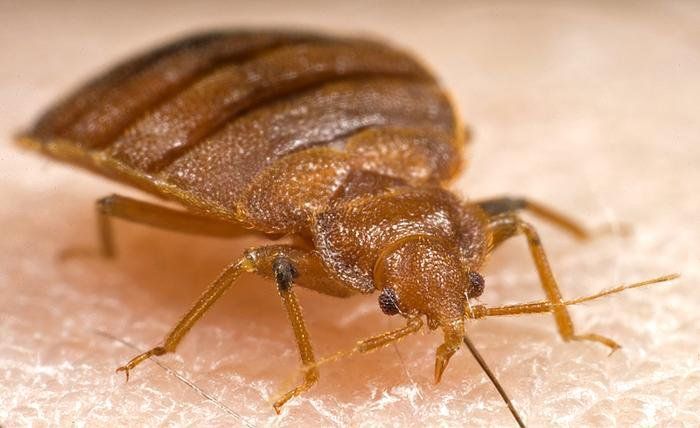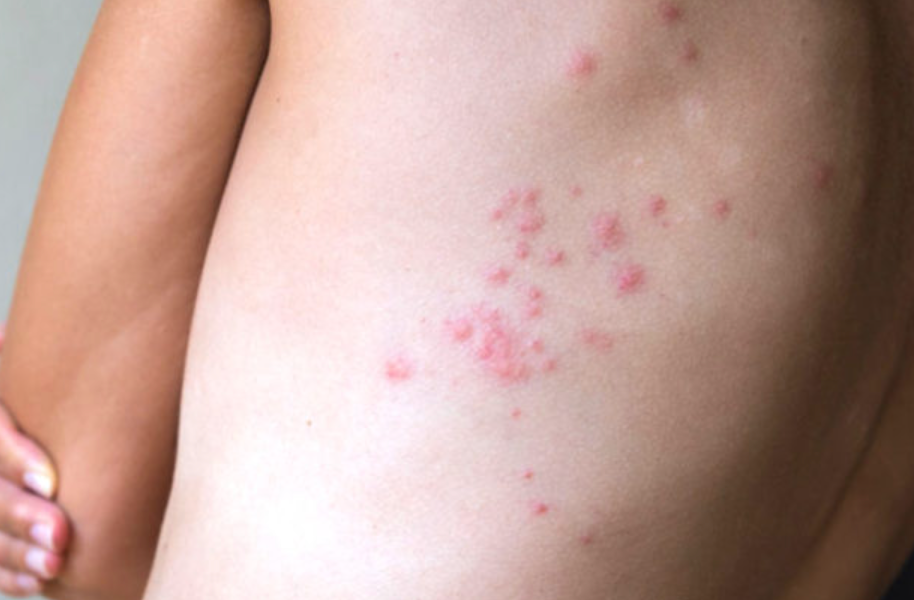FAQs
What are bedbugs?
Bed bugs are small parasites that feed on blood of humans and animals. These tiny wingless insects are clear to reddish brown in color and inject an anesthetic and an anticoagulant that prevents you from realizing you are being bitten as the bedbugs feed on your blood while you are sleeping.
Where do bed bugs live?
It is a common misconception to think that bedbugs only live in your mattress and bedding. The fact is that bedbugs are capable of traveling up to approximately 100 feet to feed. These parasites can travel from your living room sofa, closet, dresser, behind outlets, through a minuscule crack in the wall or floorboard, or just about anywhere else that you can imagine.
Why should I use an "Independent" bed bug inspector?
An independent bed bug inspector is not affiliated with an extermination service and therefore has nothing to gain by selling you additional services. This means that you can rest easy that you are not being sold additional services based on detection of bedbugs by an inspector who earns additional commission if bedbugs are found.
Why use Canine (K9) bed bug detection?
A certified canine bed bug detection team has a 97% likelihood of finding the infestation and is capable of searching a room in a couple of minutes, while a trained pest control specialist has roughly a 30% chance of finding a bed bug infestation while searching a room over the course of several hours. If a bed bug infestation is found during a search, the detection team will have narrowed it down to specific areas of your building. This will allow your pest control specialist to reduce the amount of area they will treat, decrease the amount of chemicals used and provide a significant cost savings to you. However, if the canine detection team does not find any bed bugs, then you can rest much easier with that knowledge!
Do bed bug bites spread disease?
According to the CDC, bedbugs are not known to spread disease. Bed bug bites can cause itching, loss of sleep, and an increased chance of secondary skin infection. Additionally, the signs of bed bug bites range from nothing to small bite marks to an allergic reaction which could require medical attention.
How do I know if I have been bitten by bedbugs?
In many cases you will not immediately realize that you have been bitten since bite marks typically do not appear immediately. The bedbug injects an anesthetic and an anticoagulant that prevents you from realizing that you are being bitten while they are feeding on your blood. Bite marks do not always appear, or are not always recognized. When bedbug bite marks do appear it is often 1 - 14 days after you have been bitten. Bite marks typically appear as slightly swollen and irritated or itchy red bumps similar to a mosquito bite.
How did I get bed bugs?
Bed bugs are typically spread by people traveling from location to location. They are more prevalently spread by people who travel, share living or sleeping quarters, or sleep where others have previously slept. They can stow away in the smallest fold of clothing, bedding, luggage, furniture, overnight bags, and spread quickly as most people transporting infected items do not realize that they are spreading these parasitic insects.
Why is it important to catch an infestation early?
One female bed bug can lay over 500 eggs in one month. As you can imagine, it does not take long for a relatively minor bedbug infestation to turn in to a major one. The faster you react, the easier (and cheaper) it will be for a pest control company to eliminate the problem.







